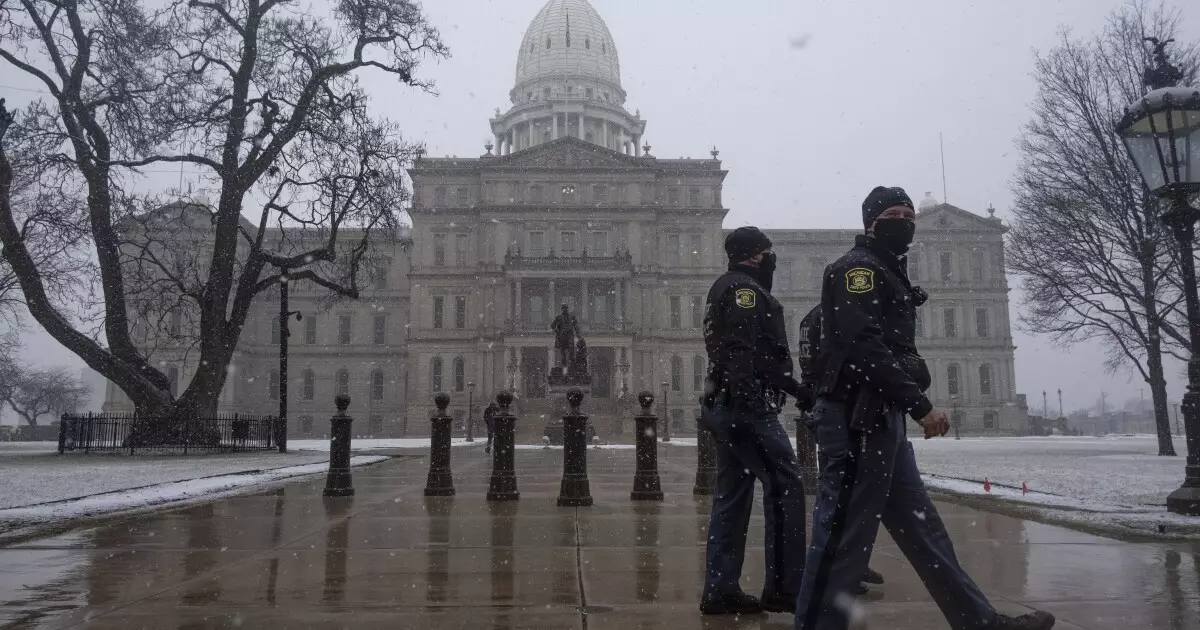The recently approved $82.5 billion fiscal 2025 budget in Michigan is projected to bring about substantial investments in roads and bridges. These developments will be financed through the $700 million final tranche of Rebuilding Michigan Plan bonds, set to be issued later this year. The projects funded by these bonds encompass a wide range of initiatives, from crucial bridge repairs in Erie Township to road maintenance on I-94 near Detroit Metro Airport and improvements on I-696 from Southfield to Warren.
Michigan’s sound financial standing is highlighted by its credit ratings from major agencies. Fitch Ratings assigns the state a long-term issuer default rating of AA-plus, while Moody’s Ratings give it a rating of Aa1, and S&P Global Ratings assign a long-term general obligation rating of AA. All three agencies have issued a stable outlook for the state, with Fitch specifically noting Michigan’s diverse tax revenues and flexibility in enacting tax increases if necessary.
Compared to other states, Michigan boasts low levels of debt and retiree obligations, with its long-term debt and net pension liabilities amounting to only 2.6% of personal income. Fitch Director Tammy Gamerman mentioned that the state has utilized surplus funds in recent years to reduce long-term liabilities significantly. Despite expected new debt issuance, Fitch anticipates that Michigan’s long-term liability burden will remain low.
Moody’s identified Michigan’s proactive financial management as a positive factor but expressed concerns about the state’s exposure to school district debt, retirement benefit liabilities, and financially distressed local governments. The state’s reliance on the auto industry and susceptibility to economic fluctuations were also highlighted. However, the potential for Michigan to excel in emerging industries such as electric vehicles and battery technology could drive economic growth.
Michigan’s budget for fiscal 2025 includes significant allocations for education, with $1.8 billion earmarked for revenue sharing, representing a noteworthy increase from the previous fiscal year. While Gov. Gretchen Whitmer’s proposal for free universal preschool did not materialize, the budget does provide for free community college for all residents and free preschool for families below 400% of the federal poverty level. These investments aim to enhance educational outcomes from pre-K through college.
Despite the positive aspects of the fiscal 2025 budget, some challenges remain. There has been a decrease in K-12 education funding compared to previous years, attributed to the exhaustion of federal pandemic relief funds. The budget adjustment seeks to address this by relieving school districts of a portion of their retirement obligations, thereby freeing up resources for other educational needs. While urban districts with high numbers of low-income students may face funding constraints, the overall impact aims to improve spending per student.
Michigan’s fiscal 2025 budget reflects a balanced approach to infrastructure development, financial stability, and educational investments. By addressing challenges such as decreasing funding and leveraging surplus resources, the state aims to enhance its economic resilience and educational outcomes. Continued proactive financial management and strategic investments will be crucial in navigating future uncertainties and fostering sustained growth.

